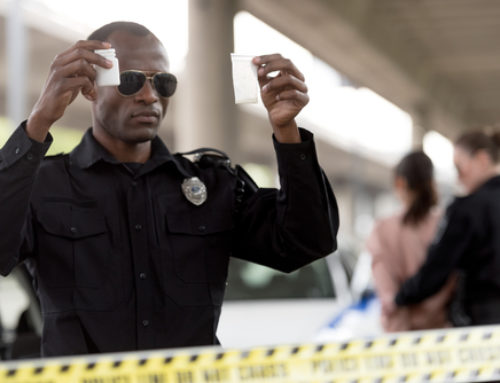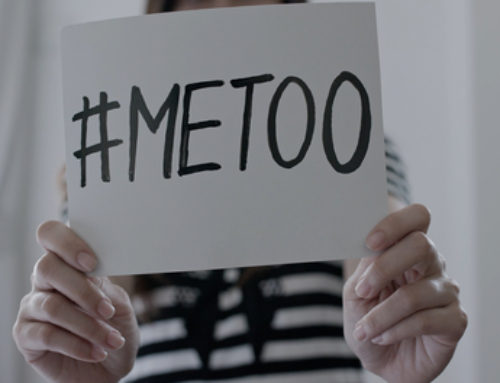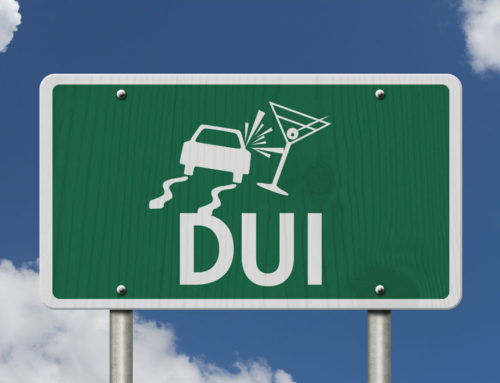The topic of police interrogations is a question that commonly arises in Florida criminal proceedings. The legality or some other aspect of interrogation by police is a question that arises in nearly every criminal proceeding at one time or another. This is particularly true if a juvenile is involved in the criminal proceedings. Both of these aspects were present in the police interrogation of confessed Parkland High School shooter Nikolas Cruz. According to a report by Fox 35, Cruz’s attorneys are fighting to block portions of the video that shows Cruz’s interrogation by police over a period of twelve hours. He confessed to his role in the shooting during this interrogation but a media request for the release of the video of the interrogation has raised questions over the interrogation as well as whether it should be released to the public. (Florida law permits the public release of any evidence in a criminal proceeding once it has been shared by prosecutors with the defense under most circumstances.) His court-appointed lawyers reportedly plan to challenge the release of certain parts of the interrogation video to the public due to concerns that its release could either inflame the public or jeopardize a planned insanity defense, given that the interrogation goes heavily into the issue of Cruz’s mental state at the time of the shooting.
Although Cruz’s lawyers have not yet indicated they plan to challenge the circumstances of the interrogation of Cruz itself or its legal validity in terms of whether it was voluntary, the subject of how interrogations are conducted by police is a frequent issue which can prove fertile ground for criminal defense attorneys to challenge either confessions which may have been obtained by police or incriminating information a suspect may have shared with police during an interrogation. Police interrogations can often be intimidating situations in which a criminal suspect may find his or her constitutional rights trampled on. This is especially true for juvenile defendants like Nikolas Cruz. Therefore, it is important to know the basics of what your rights are in any situation in which police are attempting to question you before you find yourself in this situation, so that you do not unintentionally say something which could later jeopardize your case.
Miranda v. United States and Legal Protections against Unconstitutional Interrogations
The entire scope of police interrogation changed with the landmark 1966 U.S. Supreme Court decision of Miranda v. Arizona. Under that decision, the Supreme Court ruled that police must give what is now known as a Miranda warning to any suspect before a custodial police interrogation takes place. This is the now famous warning that you have the right to remain silent, to consult with an attorney before and during questioning by the police and that anything the individual shares with police can and will be used against the individual in court. However, even though many defendants hear these words, they may not truly understand them and may choose to speak to police anyway despite the fact they are under no compulsion to do so.
Are Police Always Required to Give a Miranda Warning?
Like with many things in criminal law, police interrogation has evolved into an area with many gray areas in the applicable laws. Despite what may seem to non-lawyers to be a fairly black-and-white rule, police do not always have to read a person the Miranda warnings in every encounter they have with a suspect. The general rule is that the police are required to read Miranda warnings before any “custodial” interrogation. In other words, a suspect must be in custody to trigger this requirement. Custody is generally defined by the law as a situation where the suspect is not free to leave of his or her own volition. However, this can obviously be a difficult determination to make, as many persons would be intimidated in the presence of police and may not realize they can voluntarily choose not to talk to police or they can ask for an attorney before speaking to police, particularly if the interrogation is taking place in a police station. This can be even more true if police are encouraging the suspect that he or she does not need an attorney.
It is important to note that, whether an encounter with police is a custodial interrogation or a consensual interaction or even something in between, a criminal suspect or defendant always has the right to remain silent and request a lawyer before any questioning begins. In just about every situation, that is exactly what a suspect or defendant should do. In many cases, things only get much worse for a suspect or defendant when he or she makes the decision to speak with police without an attorney present. The suspect may unintentionally say something that critically undermines a defense he or she may have available, simply because she chose not to exercise a constitutional right.
Contact Experienced West Palm Beach Criminal Defense Attorney Bryan Raymond if You Have Already Been Interrogated by Police or Police Are Requesting to Interview You in Palm Beach County
Experienced West Palm Beach criminal defense attorney Bryan M. Raymond of the Law Office of Bryan Raymond has experience representing both juveniles and adults who have been subjected to or are potentially facing a police interrogation in Palm Beach County. Bryan knows the laws governing police interrogations backwards and forwards; he is available to help ensure your rights are protected if you are going to be interrogated by police or even if the interrogation has already happened and you are nervous about exactly what was said and its potential impact on your case. Therefore, if you have been interrogated by police in Palm Beach County, Florida and are nervous you might have said too much. or police have contacted you to schedule an interview and you want some guidance on how to handle the police questioning, immediately contact experienced criminal defense attorney Bryan Raymond today at (561) 682-1115 or [email protected].
Copyright: rawpixel / 123RF Stock Photo






